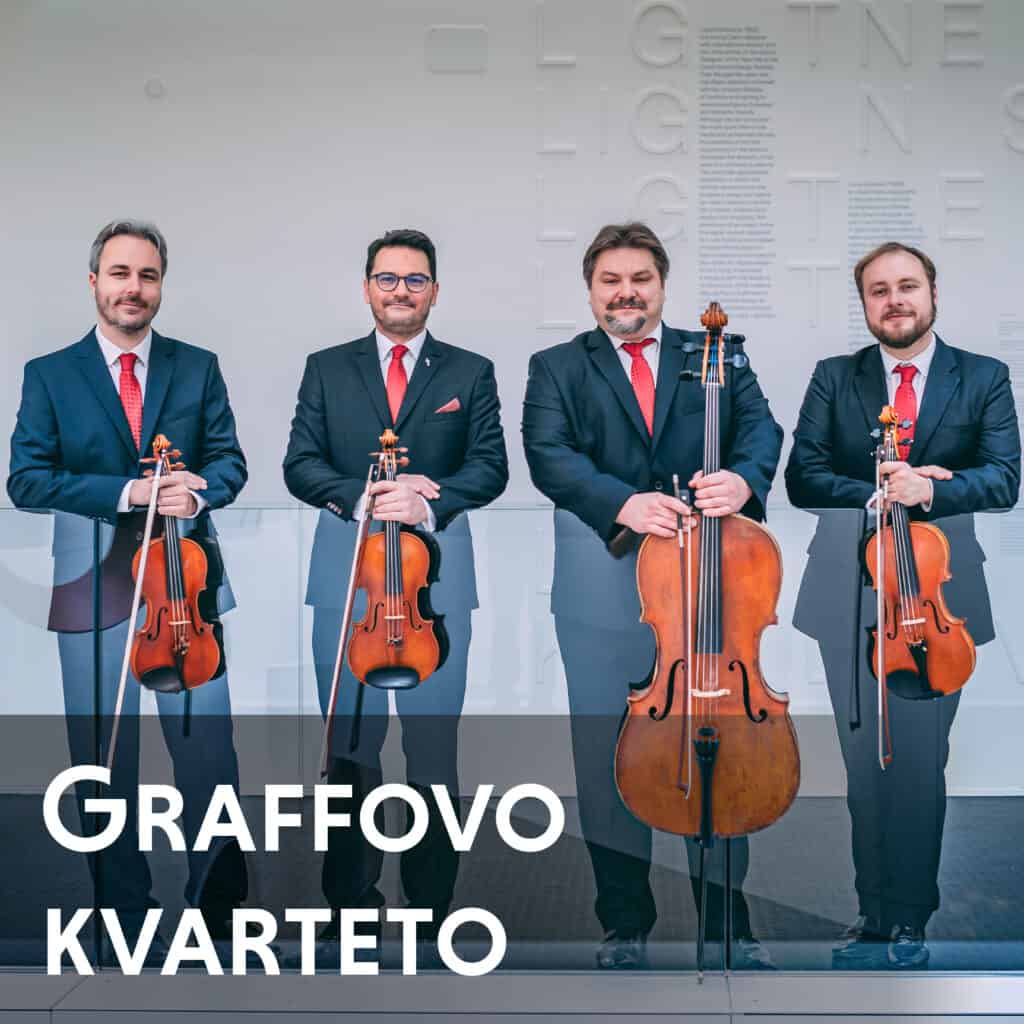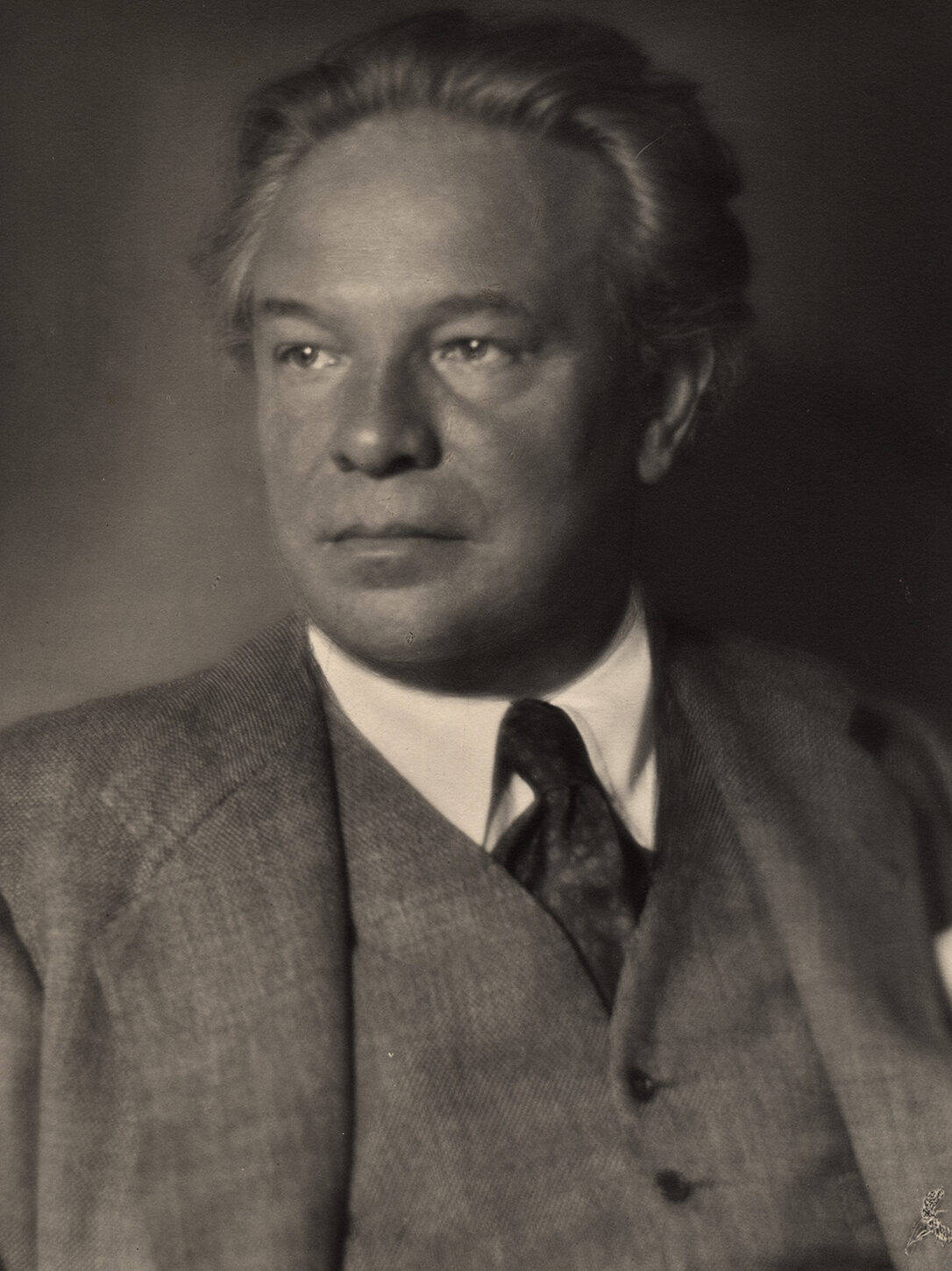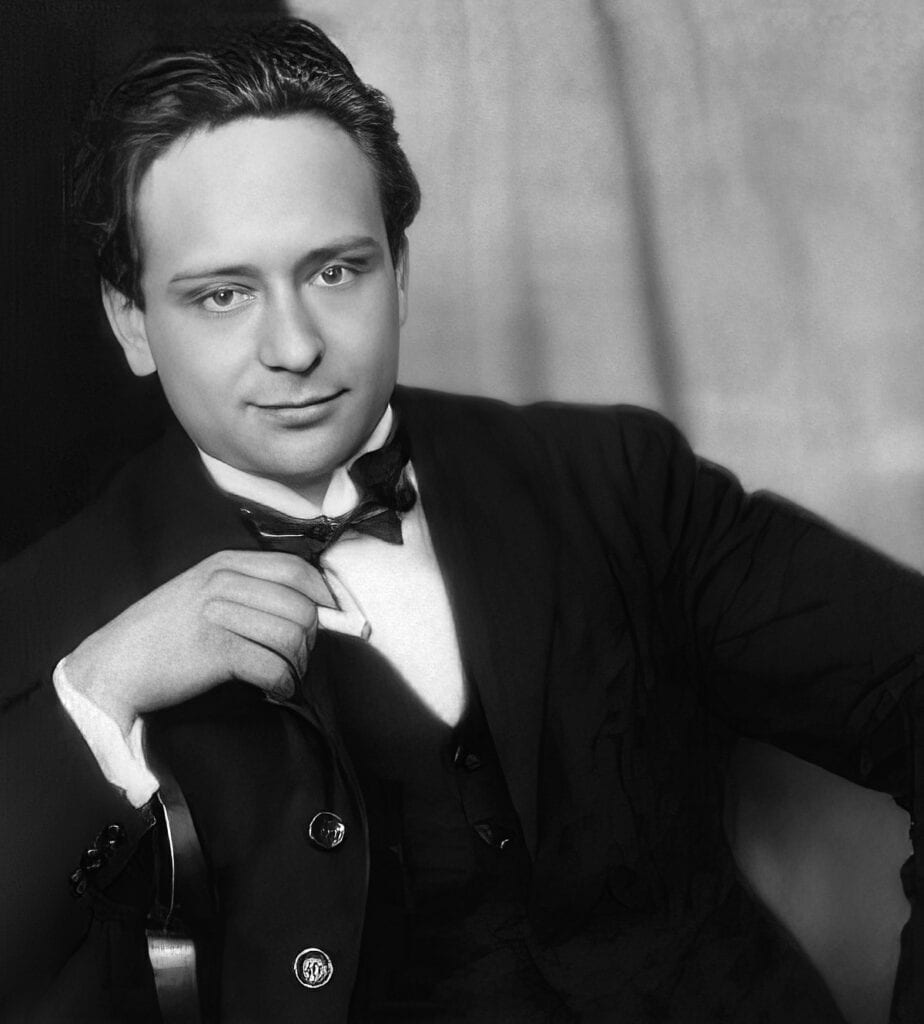At the next concert we will present compositions for voice and string quartet. The concert will take place in the extremely pleasant space of Club Salsita, which has been very popular with our listeners and performers at past concerts, on Sunday 22 October at 7.30 pm. It will feature soprano Irena Troupová, mezzo-soprano Jana Hrochová and the Graffe Quartet from Brno.



In addition to works by Respighi, Hindemith and Ullmann, the concert will also feature two world premieres for the evening’s performers by composer Terezie Švarcová and composer Miloš Štědron. All songs will be performed in their original languages and will be accompanied by Czech subtitles.

The programme, although it may not look like it at first glance, is very much interconnected in style, content and with regard to the similar circumstances of the creation of some of the works. The opening piece is the famous Il tramonto by Ottorino Respighi, who is considered the most popular Italian composer after Puccini. This 1914 work, described by the composer as a Poemetto lyrico, sets to music in a haunting and emotional way an Italian translation of Percy Bysshe Shelley’s poem about the relationship between lovers, one of whom dies and the other must live on. In it, a string quartet not only accompanies but also musically comments on the plot. Respighi, himself a fine violinist and violist, works the combination of voice and quartet to great effect, using the characteristic colours of each position to enhance the impact of what has become one of his most frequently performed vocal works.
The next piece on the programme is the cycle Melancholy, Op. 13 by the German composer, violinist and violist Paul Hindemith, in which he turns to the profound poems of Christian Morgenstern. The cycle was composed over a relatively long period (1917-19) during the First World War, when Hindemith was at the front. It was there that the dedicatee of the cycle, Karl Köhler, a very close friend of Hindemith, died. In the cycle we can perceive the transition of the author’s musical language from the late romantic to a more haunting and at times even nihilistic expression, which perfectly matches the chosen poems. Interestingly, although the cycle was premiered in 1919, it remained virtually unknown and was only published in print in 1994.

By coincidence, the composer Terezie Švarcová also chose the magnificent poems of Christian Morgenstern to create the cycle Vier Gedichte von Christina Morgenstern. This is intended for two female voices and a string quartet. In the vocal parts she uses speech or sprechgesang in addition to singing. The author’s musical language applies pre-selected tonal series, but she uses them, as she says, freely and treats them thematically to enhance the mood and message of the songs. She dedicated the premiered cycle in memoriam to professors Marek Kopelent and Hanuš Bartoň, who recently left us.
The songwriting of Viktor Ullmann, who, like Hindemith, spent the war years at the front in his youth, is the most numerous genre of his work, most of the works being composed with piano accompaniment. The only exception is the rarely performed Drei Lieder for voice and string trio set to poems by Georg Trakl and Albert Steffen, the Swiss anthroposophical poet whose work Ullmann returned to repeatedly (including, for example, in his opera The Fall of Antichrist). These songs were written in the Terezín ghetto, probably in 1943, but there is no record of whether they were performed during the author’s lifetime. Ullmann’s language in them, though still quite chromatic, sounds very calm and comforting – indeed, two songs on Steffen are entitled Lieder der Tröstung – Songs of Comfort.

Miloš Štědroň has chosen Spanish, Italian, Occidental and Czech texts for his cycle Cantigas y estampidas, which are inspired by Trobadorian, Spanish and Galician poetry. Individual songs for two female voices are interspersed with purely instrumental estampidas. The chosen poetry looks at love from different angles, from the wistful “love far away” to the exuberant medieval Trobadorian lyrics.

